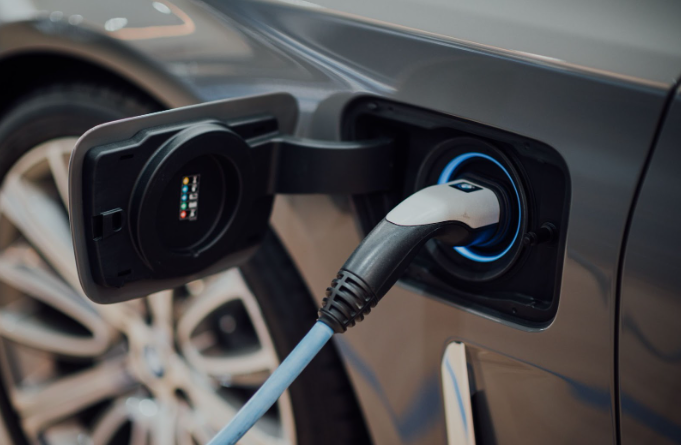China has sent a clear signal that it is willing to pull the plug on subsidies for its electric vehicle industry after years of big-ticket government support fuelled a boom that has left the world’s second-largest economy saddled with vast oversupply, prompting it to push into global car markets.
Top policymakers omitted electric vehicles from their list of strategic industries in their recent five-year development plan for 2026–2030, the industry’s first exclusion in more than a decade.
Analysts say the move is evidence that Beijing considers the industry to be mature and no longer requires the same level of financial support, leaving its development up to market forces.
But they say the omission should not be seen as a sign that the EV industry has fallen out of favour, despite it becoming a poster child for excessive competition that even President Xi Jinping has criticised. Instead, it reflects a strategic decision to allocate resources to other technologies where China seeks to enhance its capabilities, especially in light of global trade and security tensions.
MARKET TO PLAY A BIGGER ROLE
“It’s an official acknowledgement that electric vehicles no longer need prioritised policies. Electric vehicle subsidies will fade,” said Dan Wang, China director at consultancy Eurasia Group.
“China already dominates in EV-related tech and batteries so there is no point prioritising it. It doesn’t mean the government will require capacity to be cut, but the market will play a bigger role in deciding who survives,” she said.
New energy vehicles (NEVs) — a category comprising EVs, plug-in hybrids, and fuel cell vehicles — were included as strategic emerging industries in the previous three five-year plans, which encouraged Chinese authorities to pour in billions of dollars to encourage automakers to produce EVs and consumers to buy them.
That support gave rise to a supply chain China now controls with such EV champions as BYD. It also made China into the world’s largest NEV market — by July 2024 NEVs accounted for over 50% of total auto sales in China, more than 10 years ahead of the goal policymakers had initially set.
But that rapid growth and support have also resulted in China having domestic brands making more cars than it can absorb because the industry is striving to hit production targets influenced by government policy instead of consumer demand, Reuters has reported.
According to research firm Jato Dynamics, 93 of 169 automakers operating in China have market shares below 0.1%.
“From the country’s point of view, it is no longer necessary to pay too much attention (to NEVs), or it may lead to greater overcapacity,” said Tu Xinquan, Dean and Professor at the China Institute for WTO Studies of the University of International Business and Economics.
While NEVs were excluded from the latest national plan, he expected ministries such as China’s state planner and industry ministry to announce more specific plans to guide its future trajectory.
GREATER FOCUS ON INNOVATION
To be sure, Chinese policymakers have for years said that their ultimate intention was for the industry to stand on its own two feet and have in parallel been gradually ending years-long major subsidies and tax break programmes for the NEV sector.
It ended a national purchase subsidy scheme for EV consumers at the end of 2022 and intends to phase out purchase tax rebates by 2027, although some Chinese auto industry associations are lobbying for the latter to be done at a gentler pace.
A Chinese policy adviser who spoke on the condition of anonymity said EVs not being classified as an emerging strategic industry “is not to say they’re not important — they absolutely are. Just look at our exports, the source of profits for the entire auto sector, the boost to the industrial chain, and our global leadership. NEVs are undoubtedly important.”
But this official shift means that automakers need to face up to the reality that their futures will likely be decided by market competition. In the first half of this year, 11 out of 17 listed Chinese automakers were profitable.
Cui Dongshu, secretary-general of China’s Passenger Car Association, said the plan indicated that Chinese policymakers would take more targeted measures versus the previous broad approach, to wean the industry off government support.
They will press EV makers to focus more on delivering innovative products and curb production of lower-quality vehicles, he said.
Automakers would need to build sufficiently prominent core strengths to gain a foothold in the Chinese market, the world’s largest, said Shaochen Wang, a research analyst at Counterpoint.
“For instance, brands like BYD and Leapmotor have strengthened their cost advantages by enhancing supply chain integration capabilities and launched more cost-effective products; meanwhile, Xiaomi and brands under HIMA (Huawei Intelligent Mobility Alliance) have attracted consumers with their strong brand influence and leading intelligent features,” he said.




